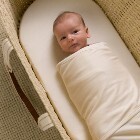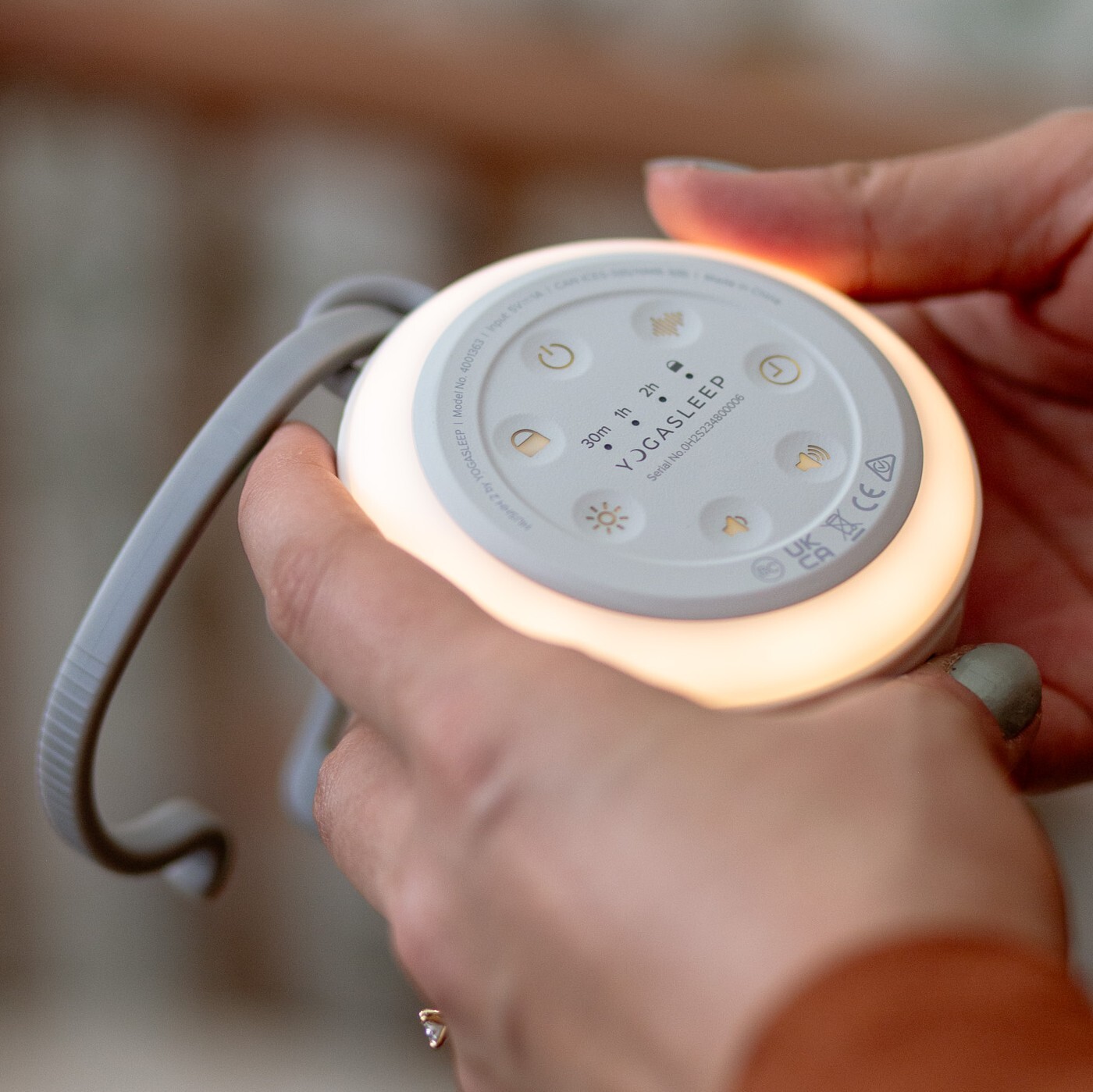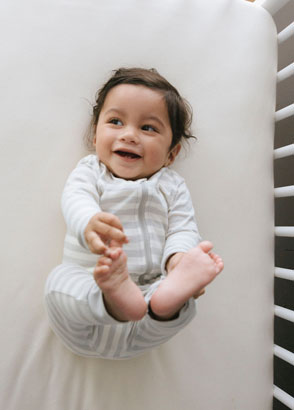If your baby has been a good sleeper until recently, any sleep training will likely be very quick. For example, our 9 month old baby had been struggling to settle and waking in the night while he was learning to crawl and getting his first 2 teeth. Once we decided to stick to a sleep training technique (the verbal check-ins technique shown on the Sleepeasy Solution DVD) it took an hour on the first night to get Ben off to sleep. We checked on him at 5/10/15 mins and offered verbal reassurance only. He fell asleep after an hour, slept through and has had no settling issues or night waking in the week since.
See our article on 'Verbal Reassurance Sleep Training' here.
If you are approaching sleep training for the first time or have been previously offering your baby lots of support in the forms of feeding or rocking to sleep, you might find that you feel more comfortable with a gentler approach. Gradual methods will work if you persevere and can be consistent in implementing them although they don't necessarily always mean your baby won't cry. Babies of this age are becoming far more vocal and are able to resist changes more vigorously by yelling, pulling up to standing in their cot and so on but you will be there to offer them comfort and reassurance if you feel this is a more suitable approach for you and your family.
Finally...
So, yes, the phase between 9-18 months can be a really challenging period for baby's sleep! So much is going on and even the best sleepers can suddenly seem impossible to get to settle. We hope the information above will help you work out why your baby is waking. Then once you develop a consistent plan and stick to it, you and your baby will soon be enjoying a full night's sleep.
To help you put your plan in place, complete our 'Night Waking Quiz' and download a copy of our 'Sleep Plan' resource.























